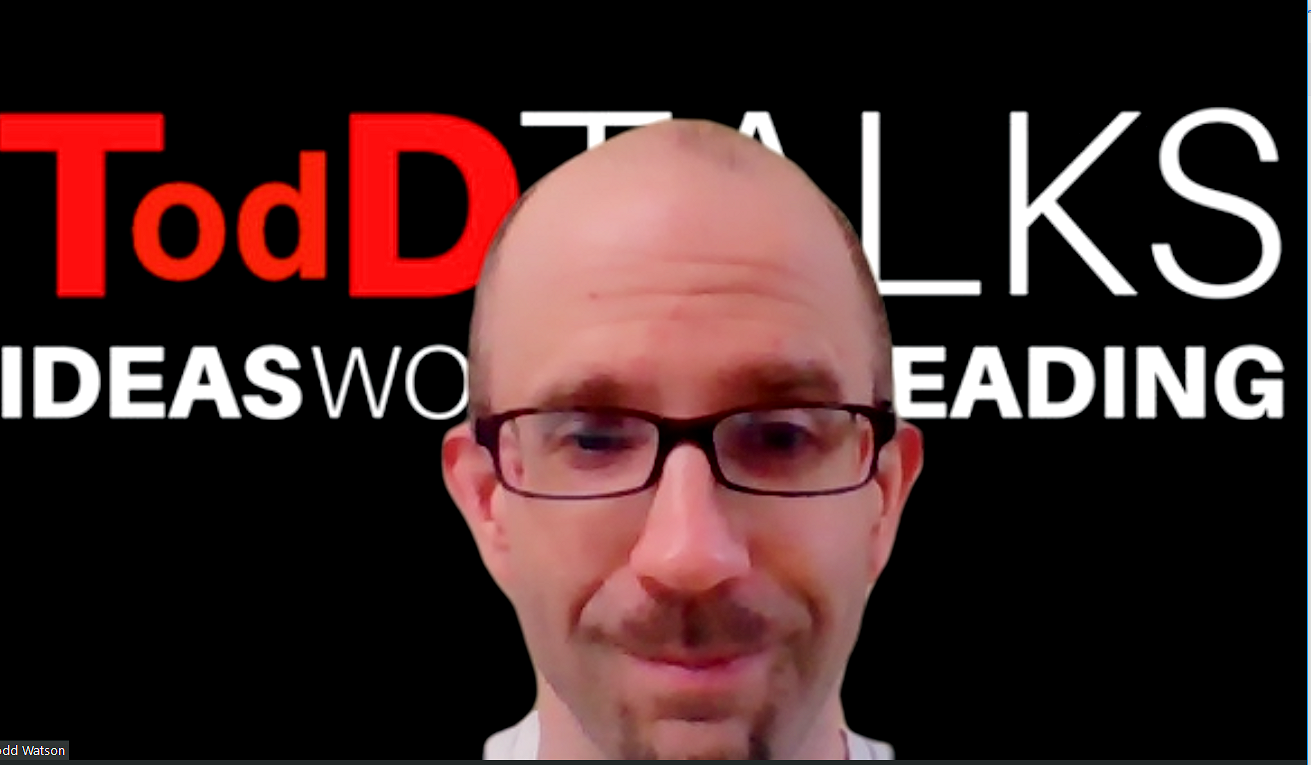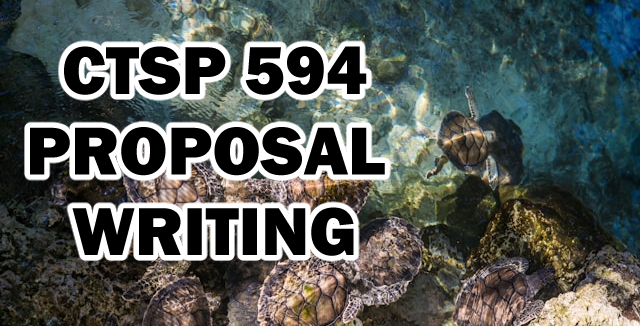- Teacher: Gordon Kelly
Lewis & Clark Moodle
Search results: 596
- Teacher: Daniel Kimmel
- Teacher: Gordon Kelly
- Teacher: Maureen Healy
This course examines these and other questions about the relationship between healing, spirituality, and culture by reading and discussing scholarship from the fields of religious studies, anthropology, sociology, and history. We will look at examples from a variety cultural contexts including ancient Greek, Chinese and Native American traditions. We will pay particular attention to the way in which dominant frameworks of authority for explaining sickness and health have changed over the last 200 years in the West, leading us to inquire into the contemporary appeal of “alternative medicine” in Portland in 2020.
- Teacher: Jessica Starling
- Teacher: Jessica Starling
- Teacher: Gordon Kelly

In this section of Words, we will critically examine the subject of religion in Japan. Japan is variously described as either the most secular or the most spiritual country on earth. Such observations should prompt us to critically reflect on what we mean by words like “religious,” “spiritual” or “secular.”
In this course, we will survey diverse examples of religion in Japan, including a prehistoric shaman-queen, a shape-shifting dragon-girl from an Indian sutra, a hidden Christian community, an apocalyptic healing cult, an ascetic monk, a Buddhist mortician, a tour-bus pilgrimage, and an anime film. As we examine the intersection of Japanese religion with gender, statecraft, capitalism, and national identity, we will draw sources and analytical insights from the fields of history, sociology, anthropology and religious studies.
- Teacher: Jessica Starling

- Teacher: Bruce Podobnik

This section will focus on one of the key features of being a literate and active member of a democracy: the ability to evaluate and make arguments with data. Using the lens of psychology and neuroscience, we will explore ways to use simple, low tech experimental techniques and open-access statistical software and data sets to answer questions both big and small about the world around us. More broadly, will consider how quantitative reasoning can shape and strengthen arguments in academic research, public policy, literature, and your latest TikTok post.
- Teacher: Todd Watson

This course asks the central question: how might we understand the complicated relationship between our understanding of the “ideal” city, our experiences in cities, and the numbers and images we use to describe the City? We will explore the ways in which statistics, maps, and images may corroborate or belie what we understand to be true of lived experience within urban spaces. Our course considers the city a living and dynamic organism, both a human construct and ever-present agent subtly shaping social performance. The curriculum will highlight diverse academic disciplines, ranging from art history to sociology, philosophy to urban planning. Participating students should be interested in working creatively with fellow classmates and making occasional off-campus site visits. Prior experience with statistics and mapping is not required or expected.
- Teacher: Read McFaddin

This course asks the central question: how might we understand the complicated relationship between our understanding of the “ideal” city, our experiences in cities, and the numbers and images we use to describe the City? We will explore the ways in which statistics, maps, and images may corroborate or belie what we understand to be true of lived experience within urban spaces. Our course considers the city a living and dynamic organism, both a human construct and ever-present agent subtly shaping social performance. The curriculum will highlight diverse academic disciplines, ranging from art history to sociology, philosophy to urban planning. Participating students should be interested in working creatively with fellow classmates and making occasional off-campus site visits. Prior experience with statistics and mapping is not required or expected.
- Teacher: Read McFaddin
- Designer: Justin Counts
- Designer: Carol Doyle
- Designer: Morgan Grether
- Designer: Amy Rees
biological, cultural, and environmental factors.
Assessment and diagnosis of eating disorders,
appropriate levels of care and a thorough
overview of medical complications.
- Teacher: Bailey Benn
biological, cultural, and environmental factors.
Assessment and diagnosis of eating disorders,
appropriate levels of care and a thorough
overview of medical complications.
- Teacher: Dianne Lamberty Rogers
- Teacher: Thomas Doherty
- Teacher: Christopher Russo
- Teacher: Carol Doyle
- Teacher: Christopher Russo
- Teacher: Mary Beckman
- Teacher: Stella Kerl-Mcclain
- Teacher: Stella Kerl-Mcclain
- Teacher: Justin Henderson
- Teacher: Stella Kerl-Mcclain
- Teacher: Stella Kerl-Mcclain
- Teacher: Stella Kerl-Mcclain
- Teacher: Mark Douglass
- Teacher: Stella Kerl-Mcclain
mental health and the natural environment and
explores ways in which psychological knowledge and
practices can contribute to the solution of
environmental problems. This course provides an
introduction to ecopsychology theory, findings and practices, and a survey of related research findings in environmental and conservation
psychology. Topics include health benefits
of natural settings, the development of
environmental identities, and promotion of
conservation behaviors. Students will be guided
toward self-reflection regarding their own
environmental identity, their motivations for
integrating environmental approaches into
their professional work, and ways to integrate ecopsychology
into their existing theory and practice base.
- Teacher: Thomas Doherty
- Teacher: Ryan Francis
- Teacher: Thomas Doherty
- Teacher: Thomas Doherty
- Teacher: Meg Jeske
- Teacher: Meg Jeske
- Teacher: Charles Dickerman
- Teacher: Stella Kerl-Mcclain
- Teacher: Stella Kerl-Mcclain
- Teacher: Cort Dorn-Medeiros
- Teacher: Meg Jeske
- Teacher: Meg Jeske
- Teacher: Meg Jeske
- Teacher: Meg Jeske
- Teacher: Cort Dorn-Medeiros
- Teacher: Cort Dorn-Medeiros
- Teacher: Cort Dorn-Medeiros
- Teacher: Meg Jeske
- Teacher: Justin Henderson
- Teacher: Erin Headley
Dialectical Behavior Therapy (DBT) is a cognitive behavioral treatment originally developed by Marsha Linehan (1993) to treat chronically suicidal individuals diagnosed with borderline personality disorder (BPD). In addition to being the treatment of choice for this vulnerable population, DBT has shown effectiveness in treating a wide range of other disorders such as substance use and eating disorders, depression, and post-traumatic stress disorder (PTSD). This course serves as a preliminary introduction to the principles and theories underlying DBT, to assessment of clients’ problematic behaviors, and to the four main behavioral skill sets in DBT: emotion regulation, core mindfulness, distress tolerance and acceptance, and interpersonal effectiveness.
- Teacher: Meg Jeske
- Teacher: Meg Jeske
- Teacher: Stella Kerl-Mcclain
- Teacher: Carol Doyle
- Teacher: Christopher Russo
- Teacher: Thomas Doherty
Summer 2016
CPSY 598 Topics in Applied Ecopsychology: Nature-Based
Therapy Retreat
Through field-based experiences, students will gain first-hand
experience in outdoor and nature based counseling and
psychotherapy contexts including horticultural therapy, urban
walking and outdoor therapy, equine-assisted therapy,
nature-based mindfulness exercises and group retreat work. The
course includes one night of overnight camping at an equine
therapy retreat center with facilities. Food and group equipment
is provided. No previous experience is necessary. Students will
receive a personal gear and clothing list before the course.
CPSY 598-01 is crosslisted with CECP 898-01.
CPSY 598-01 course dates are 5/14 and 5/15. Final assignments
due by 6/2.
- Teacher: Thomas Doherty
- Teacher: Carmen Knudson-Martin
- Teacher: Carmen Knudson-Martin
This page is a listing of current reading materials for Counseling Psychology courses. If an instructor does not have a Moodle course of their own, this page will have any supplementary readings that aren't in the assigned textbook(s).
- Teacher: Carol Doyle
- Teacher: Juleen Norling
- Teacher: Meg Jeske
psychology. Students may obtain a course
description from the department office or website.
- Teacher: Justin Henderson
- Teacher: Chelsey Torgerson
psychology. Students may obtain a course
description from the department office or website.
- Teacher: Justin Henderson
- Teacher: Justin Henderson
- Teacher: Meg Jeske
- Teacher: Meg Jeske
Special topics in counseling, therapy and school
psychology. Students may obtain a course
description from the department office or website.
- Teacher: Renee Fitzpatrick
- Teacher: Meg Jeske
psychology. Students may obtain a course
description from the department office or website.
- Teacher: Meg Jeske
psychology. Students may obtain a course
description from the department office or website.
- Teacher: Meg Jeske
- Teacher: Cort Dorn-Medeiros

psychology. Students may obtain a course
description from the department office or website.
- Teacher: Renee Fitzpatrick

- Teacher: Renee Fitzpatrick
- Teacher: Justin Henderson
- Teacher: Justin Henderson
psychology. Students may obtain a course
description from the department office or website.
- Teacher: Cort Dorn-Medeiros
psychology. Students may obtain a course
description from the department office or website.
- Teacher: Meg Jeske
- Teacher: Meg Jeske

Direct instruction and support for the process of, preparing a thesis and/or other research or grant, proposals. Includes both a colloquium and, individual consultations with a thesis chair (or,, if not writing a thesis, another faculty member)., The colloquium will focus on the refinement of, research questions, the specifics of research, design, and the Human Subjects in Research, application process. Consultations with thesis, committee chair or other faculty member will focus, on the development of a manuscript that clearly, details the purpose of the research, summarizes, relevant literature, and identifies the proposed, design and methodology for the research project.
- Teacher: Gaelan Harmon-Walker
- Teacher: Clifford Bekar
- Teacher: Clifford Bekar
the human-nature relationship and includes a
substantial body of evidence demonstrating the
physical and psychological benefits of interacting
with nature. A basic tenet of the field is that
our inner worlds and the outer world are
intimately connected. The need for nature still
resides in our bodies, minds, and spirit. From an
ecotherapy perspective, a central challenge of our
time is the integration of our connection with
nature with our scientific culture and our
technological selves. As such, ecotherapy has a
role to play in addressing such issues as the
decreased presence of nature in our lives; the
exponential growth of technology in daily living;
and the impact of global climate change. This
course guides students toward self-reflection
regarding their environmental identity and their
"sense of place". It also explores the motivations
for integrating ecological perspectives into
academic and professional work.
- Teacher: Ali Archer
the human-nature relationship and includes a
substantial body of evidence demonstrating the
physical and psychological benefits of interacting
with nature. A basic tenet of the field is that
our inner worlds and the outer world are
intimately connected. The need for nature still
resides in our bodies, minds, and spirit. From an
ecotherapy perspective, a central challenge of our
time is the integration of our connection with
nature with our scientific culture and our
technological selves. As such, ecotherapy has a
role to play in addressing such issues as the
decreased presence of nature in our lives; the
exponential growth of technology in daily living;
and the impact of global climate change. This
course guides students toward self-reflection
regarding their environmental identity and their
"sense of place". It also explores the motivations
for integrating ecological perspectives into
academic and professional work.
- Teacher: Ali Archer
- Teacher: Ali Archer
- Teacher: Christopher Russo
- Teacher: Carol Doyle
This course provides an introduction to
ecopsychological theory and surveys research that
supports the theoretical foundations of nature
based practices found in Ecotherapy, Wilderness
Therapy, and other Nature-based therapies. The
course also surveys related concepts, findings and
practices in psychology and counseling/therapy
that provide a foundation for conservation and
sustainability work, environmental education,
advocacy, and activism.
- Teacher: Carol Doyle
- Teacher: Abby Joffe-Aalto
- Teacher: Katheryne Lewis
ecopsychology concepts and nature based practices
in the context of a multi-day outdoor experience.
Topics include backcountry safety, outdoor
leadership, wilderness philosophy and
conservation, benefits of immersion in natural
settings and retreats from modern technologies;
multicultural rites of passage; and techniques for
counseling/therapy in the outdoors. The course
typically features an off-campus weeklong or
multi-weekend residential format including tent
camping along with other activities such as day
and/or overnight hiking; mindfulness and team
building exercises; and other nature based and/or
adventure based activities. Outdoor experience not
required. There is a course fee.
- Teacher: Katheryne Lewis
- Teacher: Christopher Russo
This course provides an opportunity to explore
ecopsychology concepts and nature based practices
in the context of a multi-day outdoor experience.
Topics include backcountry safety, outdoor
leadership, wilderness philosophy and
conservation, benefits of immersion in natural
settings and retreats from modern technologies;
multicultural rites of passage; and techniques for
counseling/therapy in the outdoors. The course
typically features an off-campus weeklong or
multi-weekend residential format including tent
camping along with other activities such as day
and/or overnight hiking; mindfulness and team
building exercises; and other nature based and/or
adventure based activities. Outdoor experience not
required. There is a course fee.
- Teacher: Abby Joffe-Aalto
- Teacher: Katheryne Lewis
- Teacher: Pilar Hernandez-Wolfe
- Teacher: Lina Darwich
- Teacher: Hassan Dornayi
the systems and processes that ensure a healthy
and effective district. Leaders need to be
prepared to cultivate the equitable use of
educational resources through establishing
collaborative and inclusive procedures,
guidelines, norms, and policies. Part of this work
involves the ability to assess district needs and
priorities and then equitably allocate
opportunities and resources across the district
according to these needs. Leaders need to
understand that equitable resource allocation of
materials, fiscal resources, personnel,
technology, interventions, time, and high-quality
teachers, leaders, and supporting staff all
contribute to a healthy and effective district
culture. Leaders must be equipped with the skills
to use data to evaluate systems for inequities and
then work collaboratively to align and improve
these systems so that they are coherent, cohesive,
and focused on supporting the learning,
improvement, and well-being of students and staff.
- Teacher: Hassan Dornayi
the systems and processes that ensure a healthy
and effective district. Leaders need to be
prepared to cultivate the equitable use of
educational resources through establishing
collaborative and inclusive procedures,
guidelines, norms, and policies. Part of this work
involves the ability to assess district needs and
priorities and then equitably allocate
opportunities and resources across the district
according to these needs. Leaders need to
understand that equitable resource allocation of
materials, fiscal resources, personnel,
technology, interventions, time, and high-quality
teachers, leaders, and supporting staff all
contribute to a healthy and effective district
culture. Leaders must be equipped with the skills
to use data to evaluate systems for inequities and
then work collaboratively to align and improve
these systems so that they are coherent, cohesive,
and focused on supporting the learning,
improvement, and well-being of students and staff.
- Teacher: Hassan Dornayi
- Teacher: Susan Rodriguez
- Teacher: Ken Struckmeier
This is an online course for administrators/school leaders who need credits toward their Continuing Administrator License (CAL) or other licensing requirements. It is a broad overview of the ever-changing technology landscape with a focus on using 21st Century Skills and Web 2.0 tools. Participants will receive hands-on experience using educational and management technologies directly tied to administrator tech standards. Participants will learn how to make informed decisions about technology while increasing their personal skills.
- Teacher: Tod Sloan
- Teacher: Rebecca Hyman
- Teacher: Rebecca Hyman
race, it is important that each of the sprinters
speedily covers their portion of the race. Equally
important is the fluidity of transferring
responsibility from one runner to the next, the
critical passing of the baton, or "pasar la
batuta". It is in this moment when all of the
effort given by one runner helps jump start their
teammate in a seamless fashion, or when the work
is abruptly halted because the hand off is faulty.
This critical transfer can define the outcome of
the race. The analogy of "pasar la batuta" well
articulates the responsibility educational leaders
in P-12 and higher education settings have for
fashioning a seamless transition for students to
navigate. As it stands, the movement between
primary and secondary education into postsecondary
education is disjointed. This course will explore
why the transition across the educational pipeline
is choppy, what factors need to be considered in
order to facilitate a smoother move, and the
opportunities for leaders to foster that change.
- Teacher: Emilio Solano